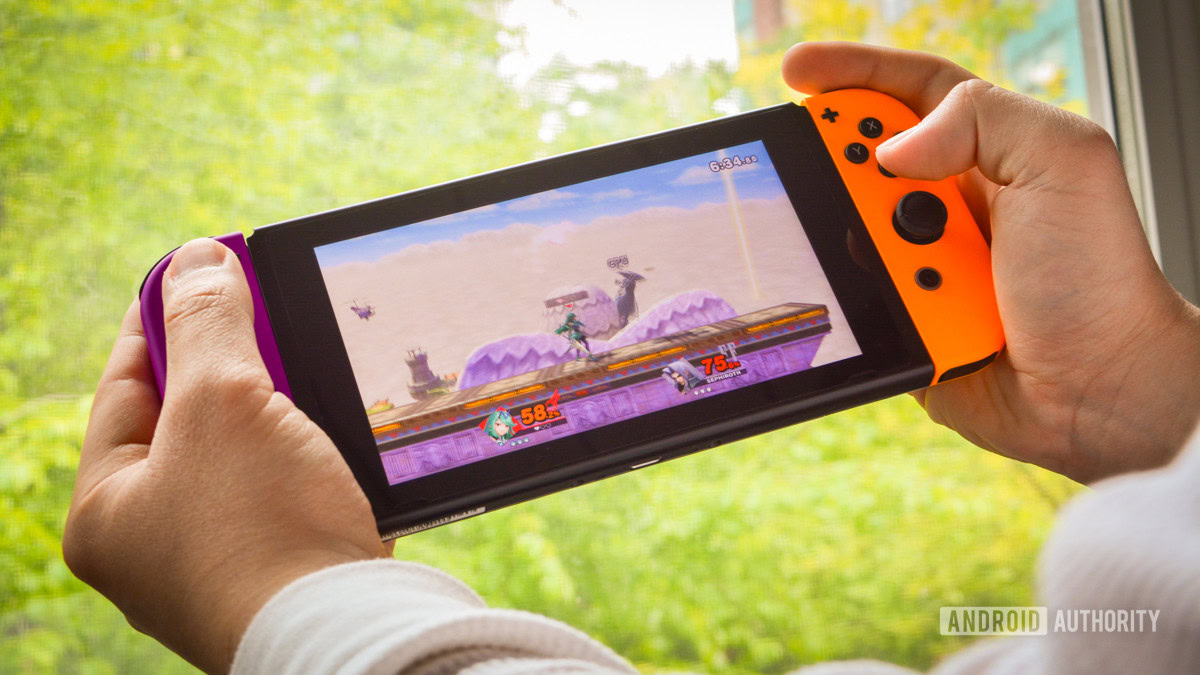Affiliate links on Android Authority may earn us a commission. Learn more.
Nintendo is suing the team behind the Yuzu emulator, used for Switch games
Published onFebruary 28, 2024

- Nintendo has reportedly filed a lawsuit against the team behind the Yuzu emulator.
- The gaming company argues that Yuzu facilitates piracy “at a colossal scale.”
There are a few viable Nintendo Switch emulators on the market, but Nintendo has already forced the prominent Skyline emulator to shut down. Now, the company has set its sights on another popular Switch emulator.
Nintendo has sued the team behind the Yuzu emulator (as spotted by Bloomberg‘s Stephen Totilo), claiming that the program unlawfully circumvents Nintendo’s encryption and enables piracy.
Emulators themselves typically aren’t illegal, but the US’s Digital Millenium Copyright Act (DMCA) does prohibit the circumvention of encryption for games.
Yuzu doesn’t ship with decryption keys for Switch games. However, Nintendo claimed in its court filing that Yuzu’s website notifies users that decryption keys are required to get games working. The Japanese company asserts the team also provided links to illegally obtain these keys.
What does this mean for Switch emulation?
Furthermore, the Mario maker claimed that the Yuzu emulator and team were “facilitating piracy on a colossal scale.” Nintendo pointed to Legend of Zelda: Tears of The Kingdom being downloaded over a million times before its release. Yuzu isn’t responsible for distributing games, though, but Nintendo asserts that the team’s Patreon account gained thousands of paid members as a result of the title’s illicit release.
No matter how you cut it, Nintendo is a massive corporation with the resources for a protracted legal battle if necessary. And if the shutdown of the Skyline emulator is anything to go by, then Yuzu’s survival is far from guaranteed.
There’s still hope for people wanting to emulate Switch games, though. Some of the team members behind the Skyline emulator are working on a new emulator dubbed Strato, currently set to launch in the first half of 2024.